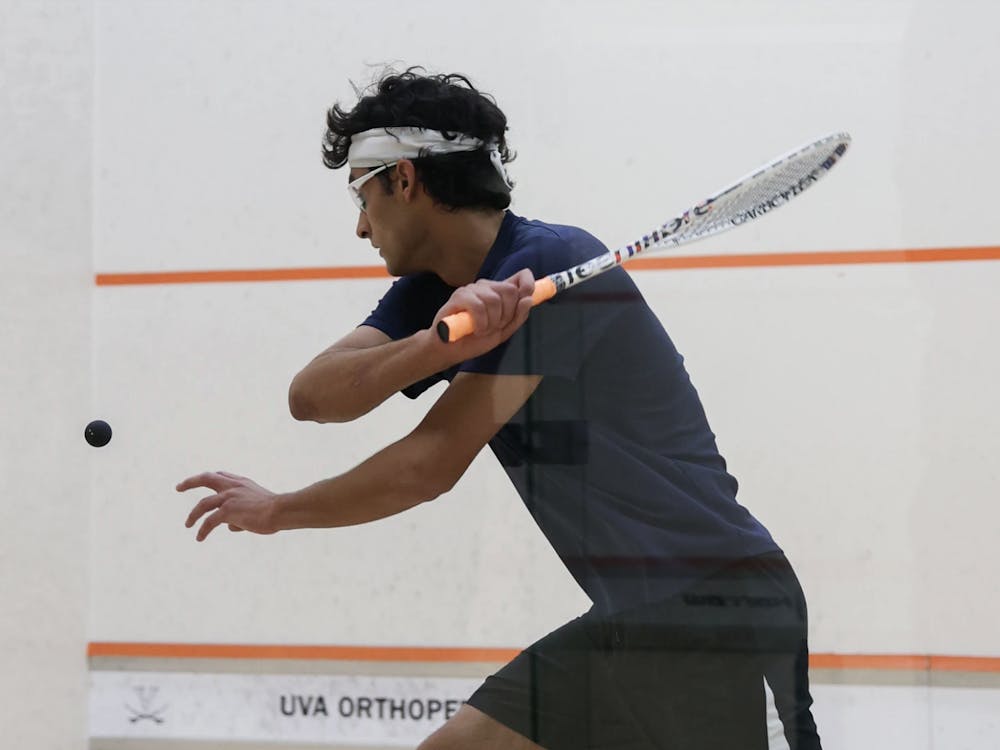Like many college students, I often lack time to keep up with TV shows as they air. As a result I have an ever-growing list of shows — “Breaking Bad”, “Mad Men” and “Game of Thrones,” to name a few — building up in my Netflix queue.
When I find myself with some TV time, I almost invariably do what my friends jokingly call “The Sean Special”: revisit a show I’ve already seen and blitz through the entire series in about a week.
My latest television binge has been to rewatch “Friday Night Lights,” perhaps my second-favorite show of all time. Hailed during its critically acclaimed run for its realistic characters and portrayal of life as a high school athlete, the show often brings back fond memories of my own high school football days, from summer two-a-days to rivalry games and the state playoffs.
This particular rerun has proven timely in light of a feature that ran on ESPN Sunday. The segment focused on Saginaw, Mich., where local public high schools debated forcing students to pay fees to play sports because of underfunding and budget cuts. Pittsburgh Steelers linebacker LaMarr Woodley, a graduate of Saginaw High School, donated $60,000 to the school to support the athletic budget and eliminate the fees.
The feature lauded Woodley’s generosity in making a sizable donation to allow current high school students the same opportunity he had to participate in athletics. The part that resonated the loudest was hearing the players talk about their love for football and how they see sports as a positive alternative to the troubles lurking outside school.
That point of view — that sports have a positive impact on the lives of children — hits at a deeper question not covered in the ESPN feature: What is the role of high school sports? That question is broached several times, if indirectly, in “Friday Night Lights.”
In the show’s fictional town of Dillon, Tex., many of the citizens are football lifers. The alums played football for a program that won state championship after state championship, and nothing less will do. But these men miss the point. To them, football and other sports are primarily a way to glorify the school, adding to the tradition and the mystique of the Dillon Panther name.
Don’t get me wrong: A successful high school sports team owes credit to the school that houses it. But these people forget the players. Their short-sighted views only acknowledge that success serves to make players athletic legends in town and that failure makes them pariahs. It overlooks the benefits that being part of the sport brings.
I understand that academics are the first priority for schools. They should be. But levying fees on athletics, particularly at public schools with higher percentages of lower-income families, has unintended consequences that go outside the realm of simply helping to balance the schools’ budgets.
There are so many potentially harmful activities for teenagers to get caught up in outside of school — drugs, violence, gangs. Although it would be foolish to look at high school football as a cure-all for the ills of society, it would also be foolish to overlook the benefits provided by athletic programs for young men and women.
A stable, consistent activity such as a sport takes up a lot of time — multiple hours of practice each day, several games, sessions in the gym and the film room — and ensures that those players are accounted for during that time. Another benefit to high school sports comes in the form of life lessons imparted by a role model: the coach.
Responsibility, accountability, work ethic and team bonding are all important skills taught through commitment to a high school athletic program. Coach Eric Taylor’s players in “Friday Night Lights” look up to him as a role model and a father figure, and although this might be easy to pass off as a clichéd, hokey Hollywood archetype, I personally found football was a learning experience and coaches were mentors.
Football taught me the benefits of working hard to achieve goals. It forced me to band together with my teammates and it taught me the satisfaction of achieving goals, the pain of failing to achieve them and the accountability that drives me to work even harder in the face of adversity. For that, I owe a debt to my coaches and my teammates.
That’s what the role of sports in schools boils down to: They should benefit the players, offer them life lessons and an environment in which to hone skills that are applicable not only to sports but also to life. All players deserve this, regardless of their ability to foot the fee to play.
Taylor’s motto was: “Clear eyes, full hearts, can’t lose.” As long as there are coaches like Taylor to help teach the benefits of sports to kids, and people like Woodley to ensure new generations of athletes get the opportunity to compete at the high-school level, we can’t lose.






